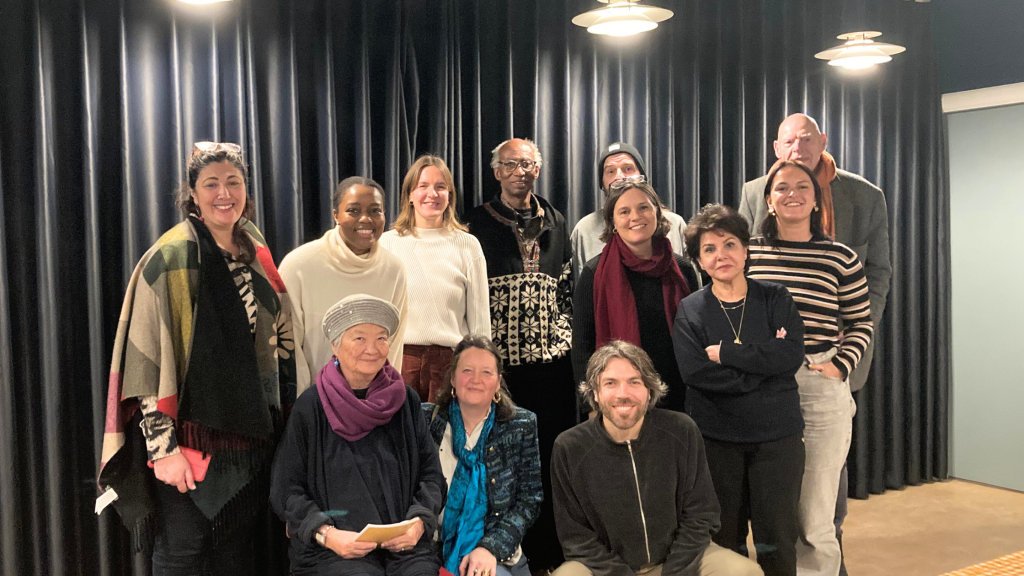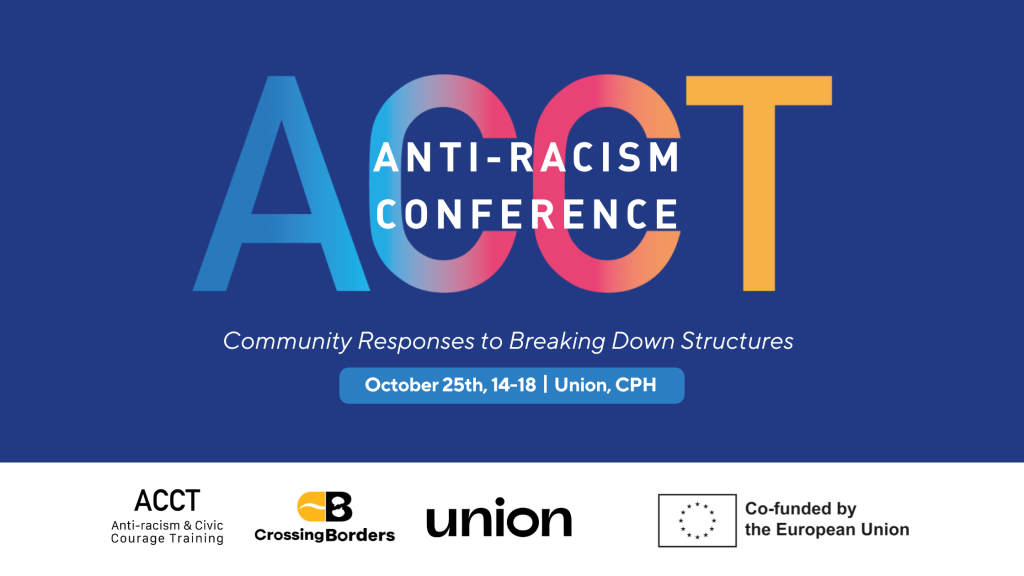Celebrating Women’s Stories at the IWD Event with Crossing Borders
From the moment the Crossing Borders (CB) staff welcomed guests to the International Women’s Day (IWD) event, the atmosphere was already buzzing with excitement. As attendees arrived, they were greeted with a delightful spread of food and snacks, setting the stage for an engaging and inspiring evening. The event officially kicked off with warm introductions by CB director Garba and lead project coordinator Margaret. Their opening remarks highlighted the significance of cultural diversity and the importance of uplifting women across the world. This powerful introduction seamlessly led into the main program, immersing the audience in a celebration of stories, music, and performance. The show began with an electrifying musical performance of Puzzle Pieces Apart, by Pernille Johansson, a song that encapsulates the essence of what Crossing Borders represents. This was followed by a soulful rendition of Nina Simone’s Feeling Good, which instantly set the mood and deeply moved the audience. The combination of these performances created an unforgettable start to the evening, resonating with the crowd on an emotional level. As the night progressed, anticipation grew for the next segment—the storytelling performance. The actresses took the stage, bringing to life the stories of women from diverse backgrounds. This was a passion project, meticulously curated by the event’s organizers and the talented performers, all of whom volunteered their time and effort. Their dedication emphasized the authenticity and integrity of the project, making it all the more powerful. The Lonely Soldier Monologues was the most compelling piece of the evening, an autobiographical storytelling performance that chronicled the experiences of six women serving in the U.S. Army and their journey through Iraq. This gripping narrative shed light on the unique challenges these women faced, offering an unfiltered glimpse into their lives and struggles. The raw and unfiltered description of the sexual harassment, violence and discrimination that these women faced during their time in the army, shunned a light on the ongoing injustices that women faced and are still facing in a male-dominated field. The IWD event hosted by CB was more than just a gathering—it was a profound celebration of resilience, empowerment, and the power of storytelling. Through music, performance, and shared experiences, the night honoured the voices of women from all walks of life, leaving an indelible mark on all those who attended. Ending the event on a rather delightful note, a pleasant rendition of Blackstreet’s No Diggity was played, which send of the audience feeling lighter and empowered by the impactful performance.
Celebrating Women’s Stories at the IWD Event with Crossing Borders Read More »











